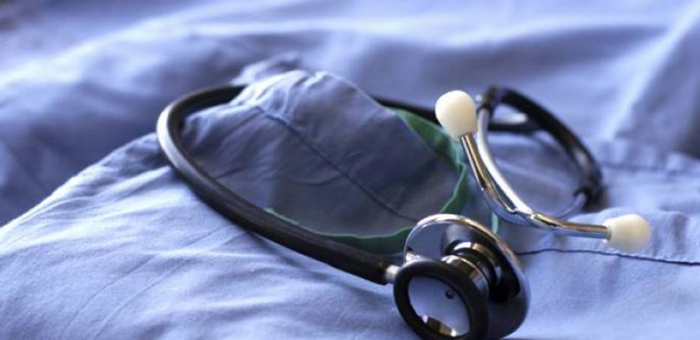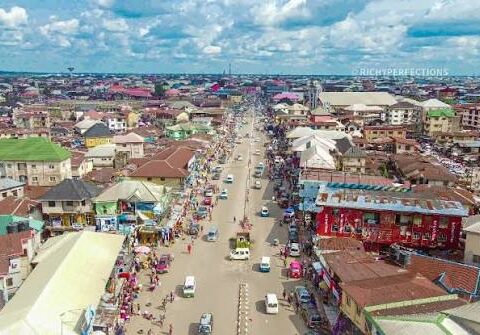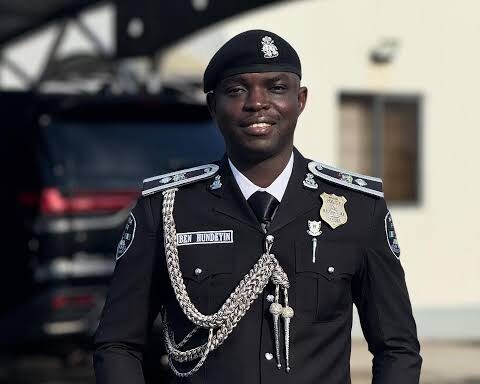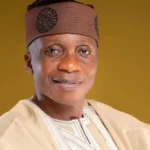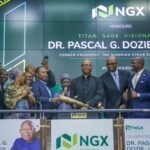In an unprecedented move, doctors across the country are set to begin a nationwide strike this Thursday, demanding urgent reforms in healthcare working conditions and pay structures. The strike, organized by the National Medical Practitioners Union (NMPU), marks one of the largest collective actions by medical professionals in over a decade.
According to a statement released by the union, the strike is in response to “years of chronic underfunding, unsafe working hours, and inadequate compensation,” which have left many doctors “burnt out, demoralized, and unable to deliver the quality of care patients deserve.”
Hospitals and clinics nationwide are preparing for disruptions to regular services, with non-emergency procedures expected to be delayed or canceled. Emergency services will remain operational, but officials warn that response times may be affected.
Dr. Aisha Karim, a senior registrar in internal medicine and spokesperson for the NMPU, said the decision to strike was not taken lightly.
>No doctor wants to walk away from patients,” she said. “But we are left with no other choice. We’ve tried negotiating. We’ve sent petitions. We’ve held silent protests. Nothing has changed. This strike is about protecting both doctors and the future of healthcare.”
The Ministry of Health responded by calling the strike “deeply concerning,” urging doctors to return to the negotiating table. In a press briefing, Health Minister David Ofori acknowledged the concerns but asked for “continued dialogue in good faith, rather than actions that could put patients at risk.”
Negotiations between the NMPU and the government have stalled in recent months, with union representatives accusing officials of “dragging their feet” on commitments made in prior talks. Among the doctors’ key demands are a 25% salary adjustment to match inflation, increased staffing in public hospitals, and a cap on mandatory overtime shifts.
Public reaction has been divided. While some patients express sympathy, others worry about the impact on their care. Jane Mensah, a mother of two with an upcoming surgery postponed due to the strike, said, “I understand why they’re doing this, but it’s scary not knowing when I can get treated.”
On social media, hashtags like #SupportOurDoctors and #PatientsFirst are trending, reflecting the national debate over the ethics and urgency of the strike.
As Thursday approaches, all eyes are on both sides to see whether a last-minute breakthrough can avert the walkout. Meanwhile, regional health authorities are putting contingency plans in place, including calling on retired doctors and military medics to fill in during the crisis.
The NMPU insists the strike will continue “indefinitely” until concrete steps are taken by the government to address their concerns.
>We are not asking for luxury,” said Dr. Karim. “We are asking for respect, support, and the ability to care for our patients without sacrificing our own health.”
